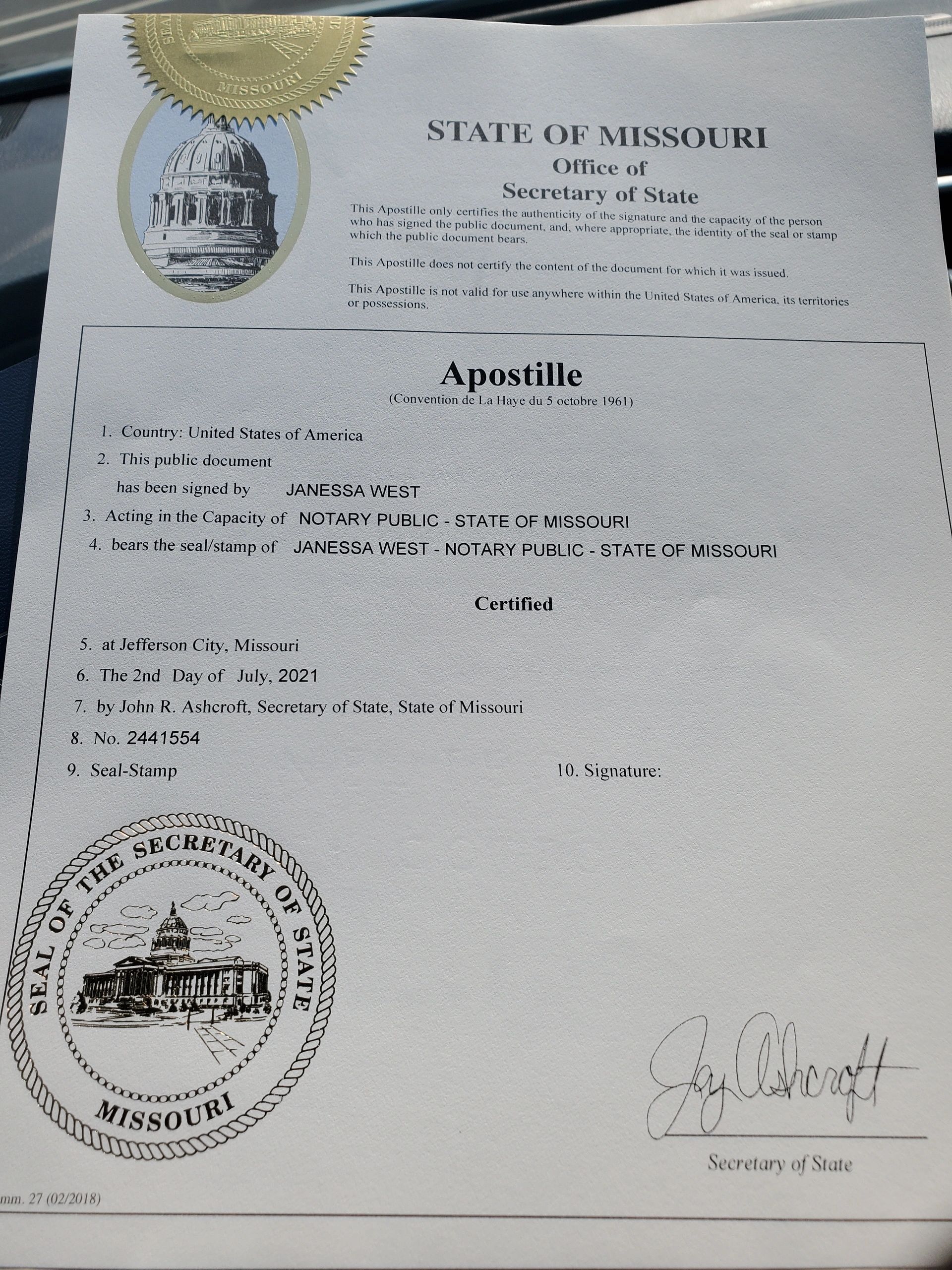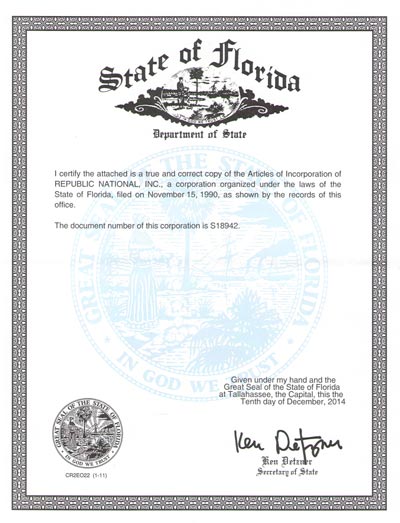Understanding the Apostille Process: A Comprehensive Overview to International File Verification
Navigating the complex landscape of global document authentication can be discouraging without a clear understanding of the apostille process. This guide diligently describes the needed steps, from recognizing which records require accreditation to sending them for confirmation by the Competent Authority. Understanding the significance of an apostille and identifying possible pitfalls, such as incomplete submissions and language barriers, can substantially improve the authentication journey. What precisely defines an apostille, and why is it so vital for records predestined for Hague Convention nations? These questions form the foundation of our exploration into this important legal treatment.
What Is an Apostille?
An apostille is a main accreditation that confirms the authenticity of a document for usage in an additional nation. This accreditation, provided by an assigned authority in the country where the document stemmed, guarantees that the paper is acknowledged as legitimate and reputable in the worldwide field. The procedure of getting an apostille includes several steps, consisting of the verification of the document's signatures, seals, and stamps by suitable governmental bodies.
The apostille serves as a worldwide identified type of verification, made possible by the Hague Convention of 1961. This treaty, officially called the Hague Convention Abolishing the Requirement of Legalisation for Foreign Public Records, standardizes the procedure of file certification amongst member nations. The apostille itself is a standardized certificate that includes specific info, such as the issuing authority, the native land, and the day of issuance.
It is necessary to keep in mind that not all papers are qualified for an apostille. Commonly, public files like birth certifications, marital relationship licenses, court orders, and academic diplomas get this accreditation. Private papers, such as contracts and contracts, might need registration and additional steps to certify.
Value of Apostille
Comprehending what an apostille is establishes the stage for valuing its significance in worldwide dealings. houston tx apostille. An apostille, basically a form of accreditation issued by an assigned authority, confirms the credibility of a document for usage in international countries that are notaries to the Hague Apostille Convention. This standard process gets rid of the demand for further legalization by consular offices or consulates, thus simplifying international deals
It makes sure the reliability and approval of essential documents-- such as birth certifications, marital relationship licenses, and educational diplomas-- across borders. For services, it helps with the smooth conduct of worldwide trade, mergers, and acquisitions by giving a trusted approach of record confirmation.
Moreover, an apostille boosts legal safety and security and conformity. Governments and institutions can confidently count on the credibility of files bearing an apostille, alleviating the threat of scams and misstatement.
Files That Require Apostille
When taking part in international deals or legal issues, details files typically demand the verification given by an apostille. This ensures their acknowledgment and acceptance in nations that are signatures to the Hague Apostille Convention. Frequently, personal documents such as copyright, marriage certificates, and death certifications call for an apostille, specifically when they are made use of for processes like migration, marital relationship abroad, or global probate issues.
Educational documents are another group regularly calling for apostilles. Diplomas, transcripts, and scholastic records often require this verification for functions such as going after further education, work, or expert licensing in an international country (houston tx apostille). This action assures that the files are acknowledged as genuine and valid
Lawful papers, consisting of powers of attorney, sworn statements, and court orders, likewise frequently necessitate apostilles. Company papers such as certificates of unification, bylaws, and commercial agreements may need an apostille to help with international trade, develop foreign branches, or engage in cross-border lawful proceedings.
Actions to Obtain an Apostille

Obtaining an apostille involves a see this site multi-step procedure that guarantees the credibility and acceptance of your files in international countries. The initial action is recognizing which papers need an apostille. houston tx apostille. Usual papers include birth certifications, marital relationship licenses, scholastic transcripts, and company documents
When determined, the paper must be licensed by the suitable providing authority. After certification, the document needs to be sent to the designated Competent Authority in the document's country of origin.
The submission process usually requires a finished application kind, the original file, and a cost. Some jurisdictions might provide the alternative of expedited processing for an additional fee. Upon successful confirmation, the Competent Authority will attach the apostille certification to the document, consequently validating its credibility.
Typical Obstacles and Solutions
Navigating the apostille process can present numerous usual challenges that, if not properly dealt with, may postpone or make complex paper authentication. Each nation has details needs for the types of files that can be apostilled, and any inconsistency from these can result in denial.
Another common difficulty is understanding the diverse handling times. Processing times can vary dramatically in between nations and even in between different regions within the exact same nation. It is vital to make up these variations when planning the apostille procedure Full Article to stay clear of unanticipated delays.
Furthermore, language barriers can position significant barriers. Records in an international language often require licensed translations, and any inaccuracies in translation can lead to additional problems. Engaging an expert translation service can mitigate this danger.

Conclusion
Grasping the apostille procedure significantly enhances the performance of international paper verification. By comprehending the need of recognizing and certifying called for records, and navigating the submission to the Competent Authority, the process comes to be a lot more workable. Understanding of common obstacles, such as incomplete entries and language barriers, further help in stopping potential hold-ups. Guaranteeing documents are effectively apostilled facilitates their approval why not try these out in Hague Convention signatory nations, thus sustaining seamless global legal and management procedures.